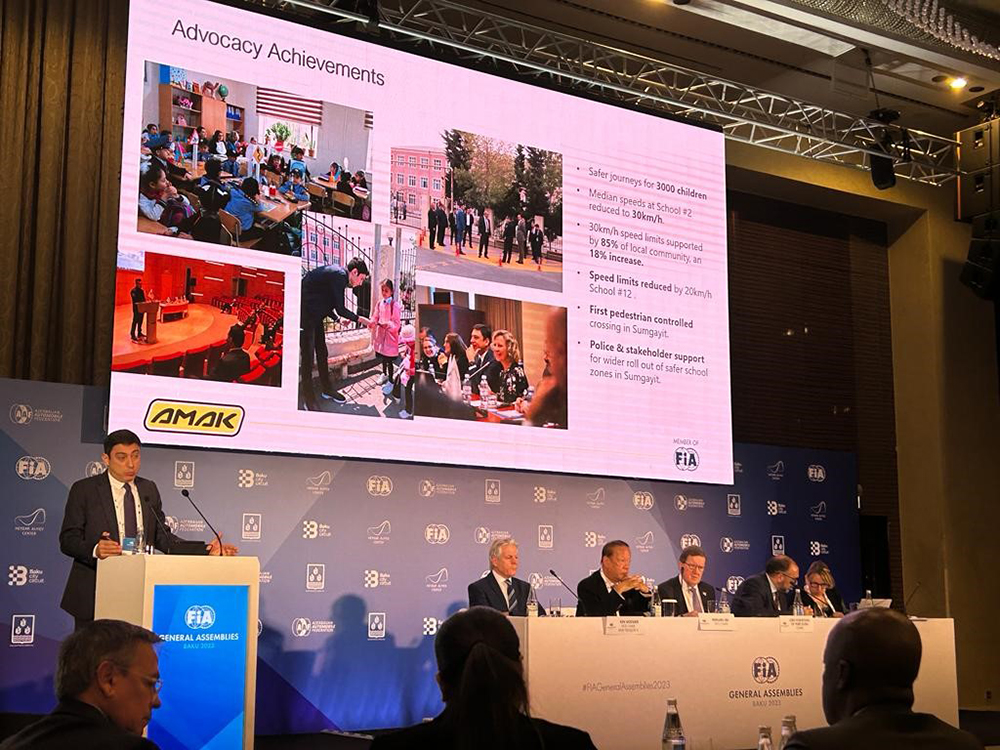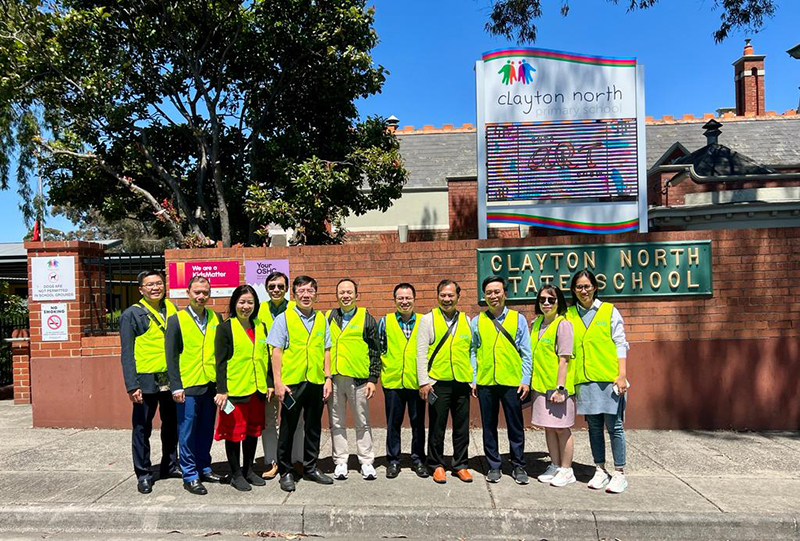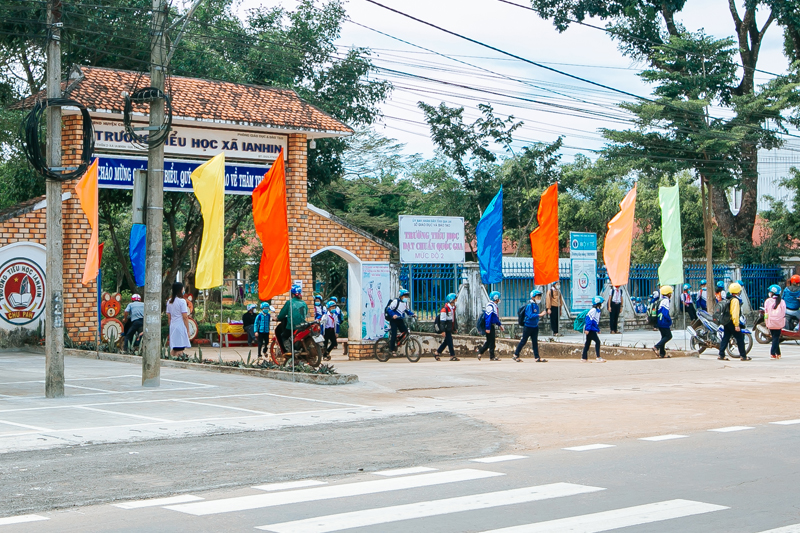New Report: Reduce traffic speed worldwide to help prevent 2 million child deaths by 2030
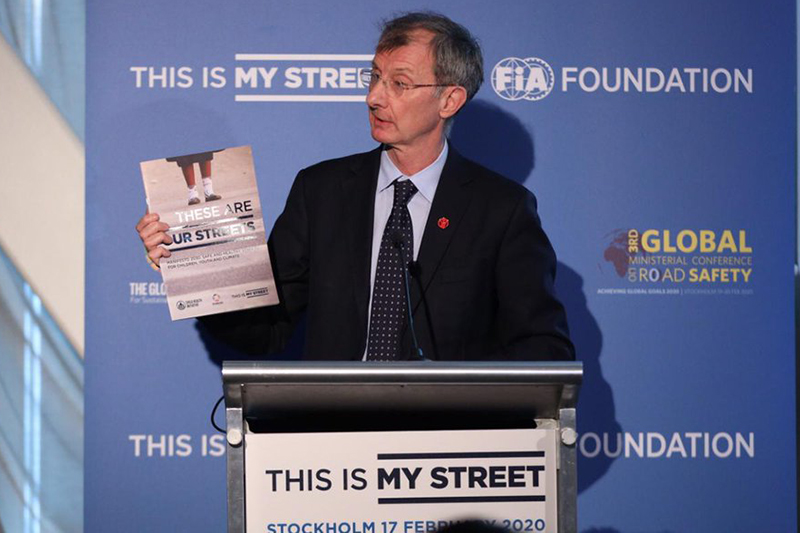
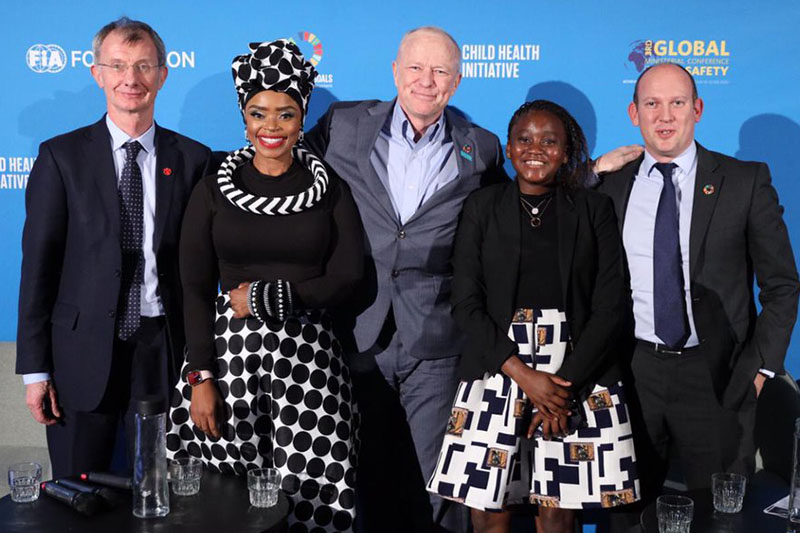
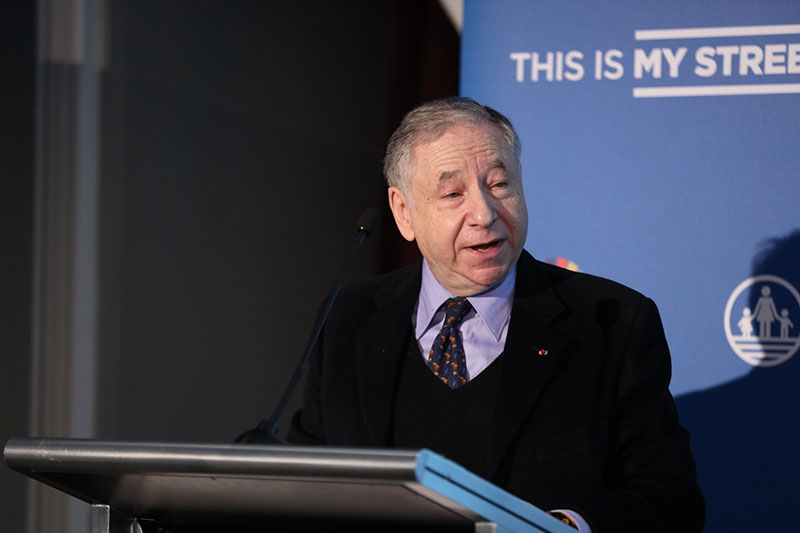

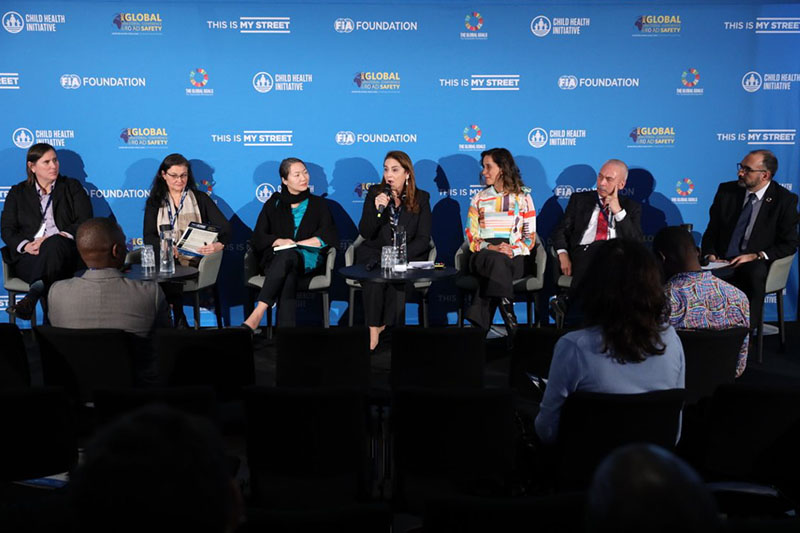
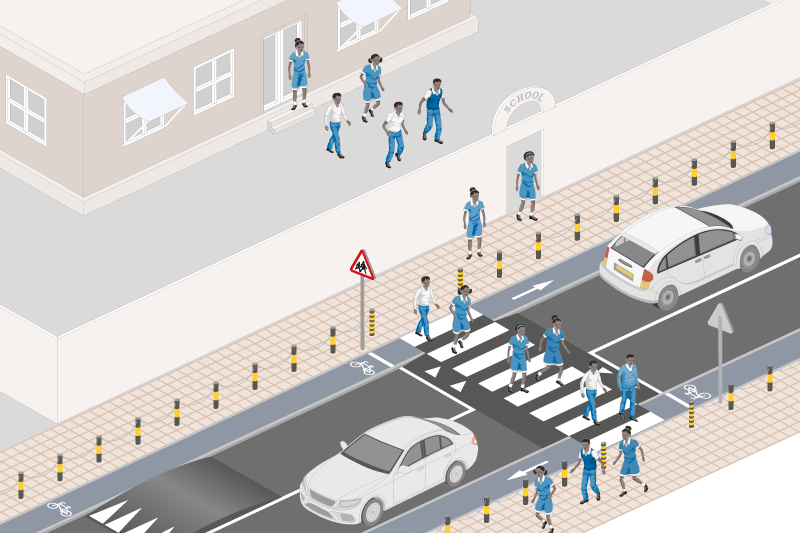
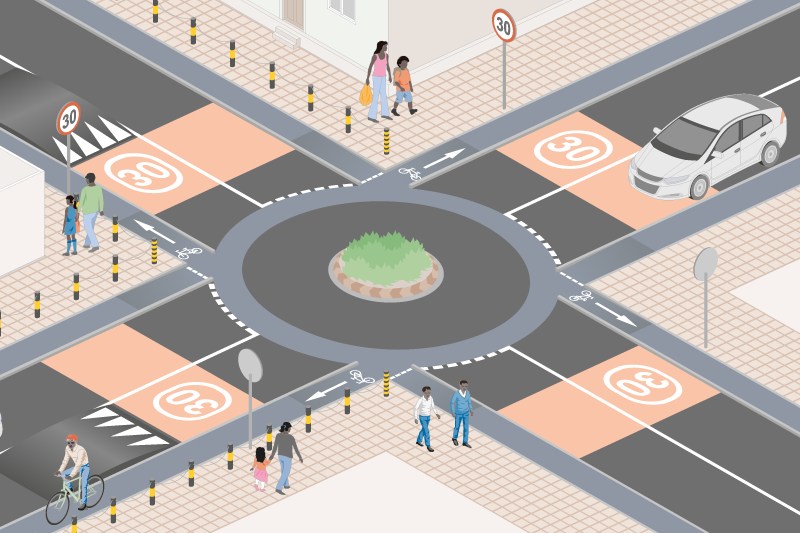
Political inaction and indifference have contributed to 2 million child deaths and 100 million child injuries* on the world’s roads over the past decade, but implementing simple safety measures combined in a ‘speed vaccine’ can deliver change by 2030, says new analysis from the FIA Foundation and the Child Health Initiative today, 17 February.
Despite repeated promises of action at United Nations-endorsed global conferences in Moscow in 2009 and Brasilia in 2015, few countries are taking serious steps to address road trauma, the leading global cause of death for children and youth over the age of five. According to the World Health Organisation (WHO), more than 100 countries have seen road deaths increase since 2013.
Ahead of the 3rd Global Ministerial Conference on Road Safety in Stockholm, which brings together ministers and officials from more than 110 countries, the Child Health Initiative, a coalition of road safety, child rights, and urban development organisations, is calling for urgent action. It is publishing a manifesto, ‘These Are Our Streets’ with specific demands to ensure safe, child- and climate-friendly neighbourhoods, that governments and cities must implement by 2030:
- Viable footpaths on every urban street;
- Design-protected crossings, catering to ‘desire line’ footfall;
- Speed limits of no more than 30km/h on streets where children and traffic mingle; and
- Every city to set ambitious targets for kilometres of protected cycle lanes and to be on the way to achieving it.
Taken together these measures can act as a ‘speed vaccine’, a proven set of interventions for reducing death and serious injury that can be adapted to any stage of economic development. The benefits of building more sustainable, walkable, cyclable cities reach beyond the impact on road traffic deaths and injuries and contribute significantly to the dual challenges of improving outdoor air quality and tackling climate change.
The report goes on to highlight that, by returning streets to pedestrians and emphasising liveability, the speed vaccine will also contribute to addressing issues of mental health, obesity, crime and violence, social exclusion and deprivation, all of which are target issues in the United Nations’ Sustainable Development Goals (SDGs).
Because of these cross-cutting benefits, safe and healthy streets must be at the core of a new global agenda for adolescents, one which links all the major health burdens and opens up opportunities for young people. The Child Health Initiative is part of a growing movement calling for a first-ever Global Adolescent Summit to prioritise wide-ranging action on adolescent health and rights, including tackling child injury; and to expand the frontiers of the child survival agenda into the second decade of life.
Lord Robertson of Port Ellen, FIA Foundation Chairman, said: “It is a devastating reality that two million young people have lost their lives and 100 million more have been injured since the first Global Ministerial Conference on Road Safety and is unconscionable to let another decade pass without leaders implementing the known solutions to prevent road death and injury.”
Zoleka Mandela, Global Ambassador of the Child Health Initiative, said: “Our children are crying out for action to protect them from the biggest threat to their lives – dangerous roads. I implore our leaders to stop paying lip service and start investing energy and money into the simple solutions that can save our children. Our manifesto sets out the simple, proven and universal measures – the ‘speed vaccine’ - that can make streets safe and liveable for everyone. There is no time to lose.”
Saul Billingsley, Executive Director of the FIA Foundation, said: “We need urgent and serious action to address this leading killer of young people. The actions we set in this 2030 manifesto will not only save lives, but will also contribute to a transformation of our streets which helps reduce traffic, enable walking and cycling, and tackle air quality and climate change.”
*This figure is calculated by the FIA Foundation using the Institute for Health Metrics & Evaluation (2017) data for deaths and injuries of children and youth under 20 from 2011-2017 and extrapolating forward for 2018-20. Road traffic injuries are the leading global killer of young people aged 5-29.
To download the 'These Are Our Streets' manifesto and supporting documents, please click here.





